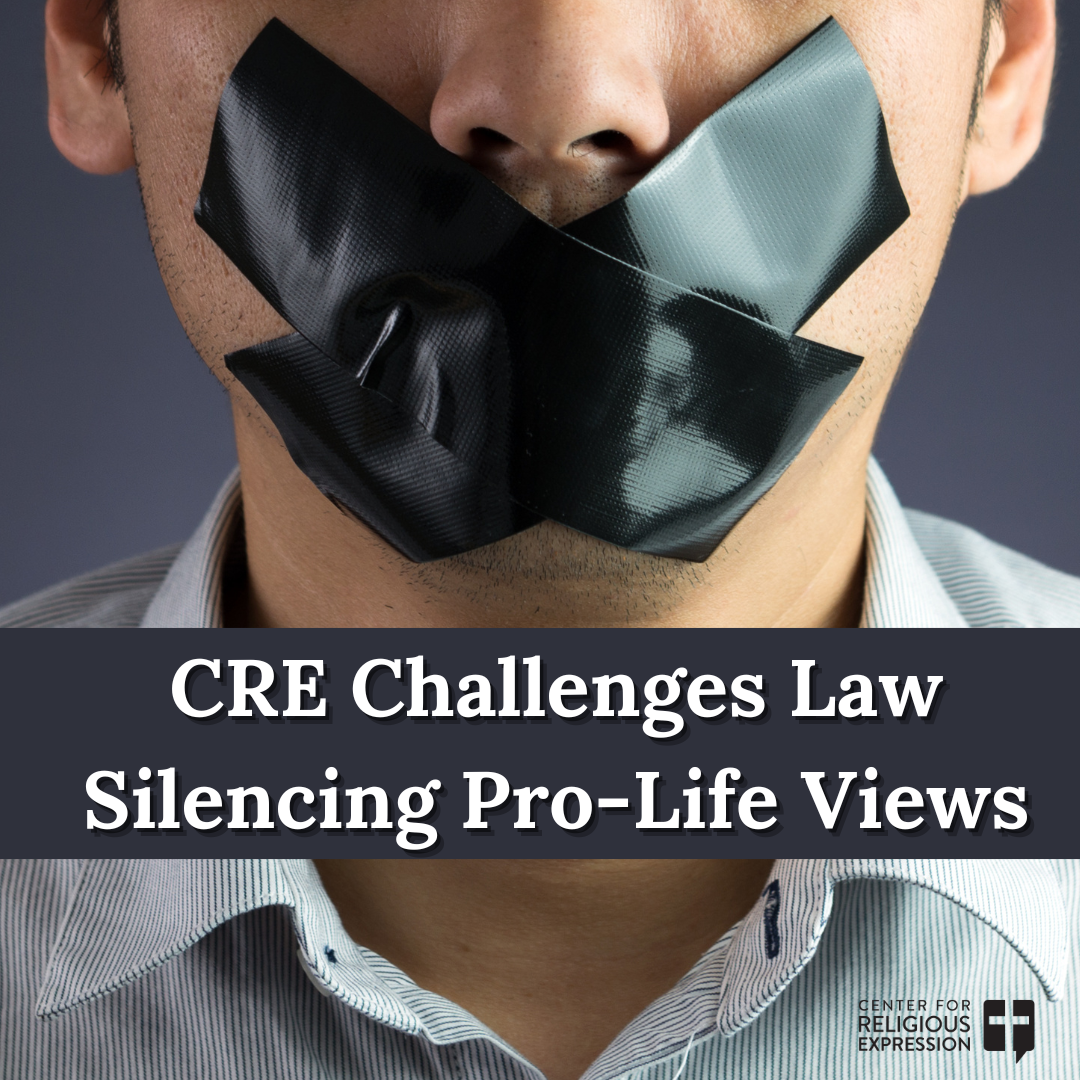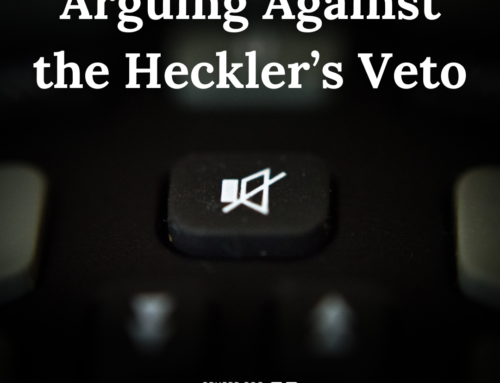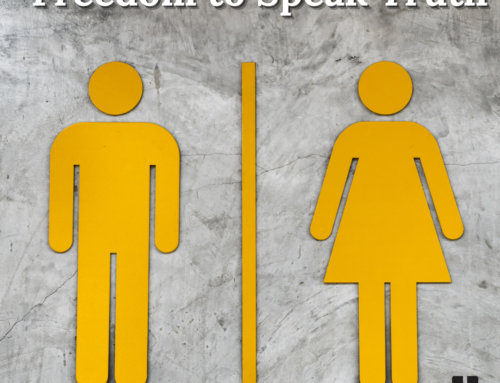Charlotte, North Carolina — August 17, 2020. The Center for Religious Expression (CRE) filed a federal lawsuit today challenging a City of Charlotte ordinance that discriminatorily bans pro-life speakers from speaking with reasonable amplification near abortion clinics.
Pro-life advocate Philip Benham has been steadfastly ministering to women considering abortion in the Charlotte area for nearly two decades, offering a message of God’s love along with practical aid and alternatives to abortion. He seeks to have friendly conversations with people, using reasonable amplification when necessary for his conversational tone to be heard at a distance and over background noise. His form of ministry has proven highly successful, convincing over 5,000 women to choose life for their babies over the years.
Charlotte abortion clinics don’t like that. A few years ago, they installed multiple amplifiers on their property to blare music and drown out the pro-life message.
Nevertheless, Benham’s message continued to be heard and saved lives. So the clinics asked City of Charlotte to pass a new law designed to silence the pro-life message. And the City agreed, passing an ordinance making it a crime to use amplification – regardless of volume – within 150 feet of abortion clinics. The City interprets “amplification” to include plastic cones, while at the same time, it exempts the amplification use of the abortion clinics. The upshot is the abortion clinics are free to blare amplified sound to drown out Benham’s speech.
CRE sent a letter to City of Charlotte on Benham’s behalf, asking that the City provide assurance that they would cease their unconstitutional and discriminatory policy. But the City ignored the plea. Left with no other option, CRE filed suit on Benham’s behalf.
“Fundamentally, the First Amendment does not tolerate the government taking sides. That is effectively what Charlotte has done here, silencing Benham’s pro-life message, while leaving the abortion clinics free to use amplification as loud as they want,” said CRE Chief Counsel Nate Kellum. “Charlotte cannot ban amplified speech at a reasonable volume, much less in such a discriminatory manner.”
Center for Religious Expression is a servant-oriented, non-profit 501(c)(3) Christian legal organization dedicated to the glory of God and the religious freedom of His people. For more information, visit http://www.crelaw.org.






